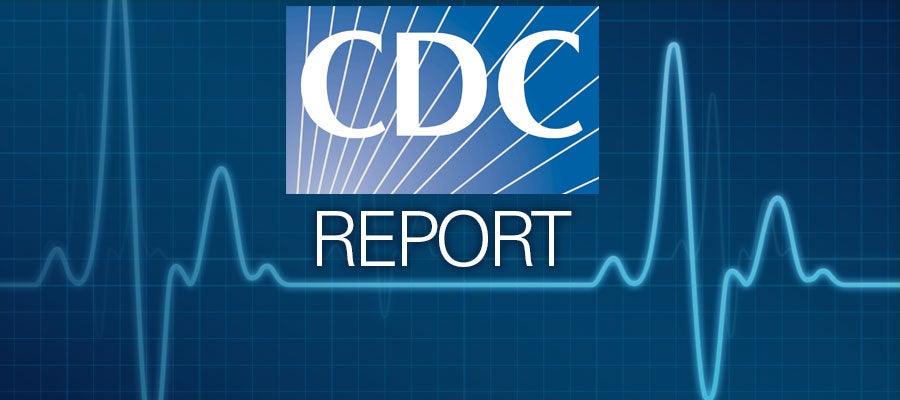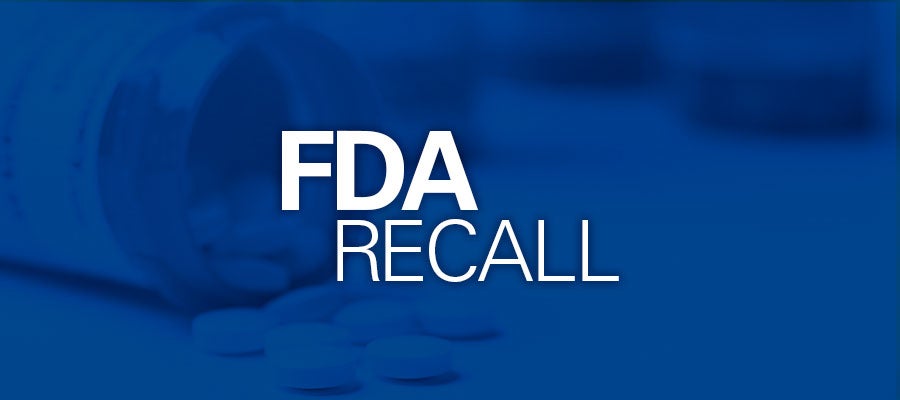In this AHA Advancing Health podcast, Marie Cleary-Fishman, vice president of clinical quality for the AHA Center for Health Innovation, and Holly Geyer, M.D., internal medicine practitioner at the Mayo Clinic, discuss opioid stewardship and AHA-developed resources that offer hospitals and health systems guidance and information on partnering with patients, clinicians and communities to address the opioid epidemic.








